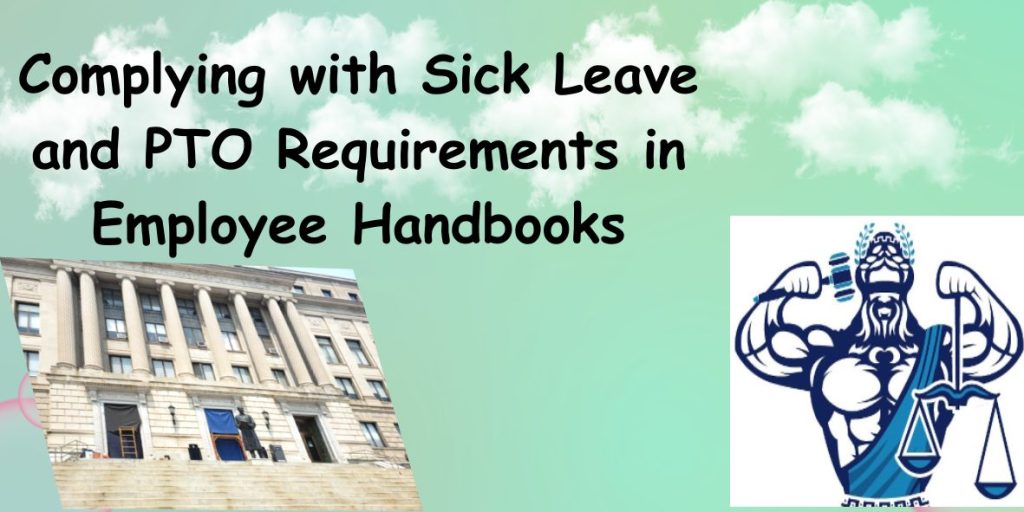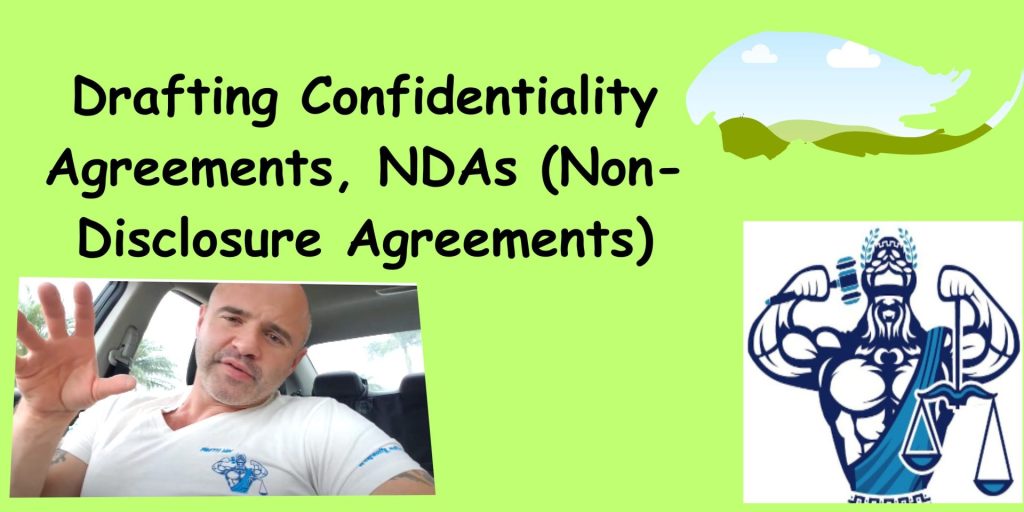Here at the Law Office of Vincent Miletti, Esq. and the home of the #UnusuallyMotivated movement, we take pride as a resilient and dependable legal services firm, providing such services in both a traditional and online, web-based environment. With mastered specialization in areas such as Employment and Labor Law, Intellectual Property (IP) (trademark, copyright, patent), Entertainment Law, and e-Commerce (Supply Chain, Distribution, Fulfillment, Standard Legal & Regulatory), we provide a range of legal services including, but not limited to traditional legal representation (litigation, mediation, arbitration, opinion letters and advisory), non-litigated business legal representation and legal counsel, and unique, online legal services such as smart forms, mobile training, legal marketing and development.
Still, we, here at Miletti Law®, feel obligated to enlighten, educate, and create awareness, free of charge, about how these issues and many others affect our unusually motivated® readers and/or their businesses. Accordingly, in order to achieve this goal, we have committed ourselves to creating authoritative, trustworthy, & distinctive content, which looks to not only educate, but also deliver in a manner that only Miletti Law® can. Usually, this content is featured as videos posted on our YouTube Channel https://www.youtube.com/channel/UCtvUryqkkMAJLwrLu2BBt6w and blogs that are published on our website WWW.MILETTILAW.COM. With that, the ball is in your court and you have an effortless obligation to subscribe to the channel and sign up for the Newsletter on the website, which encompasses the best way to ensure that you stay in the loop and benefit from the knowledge bombs that we drop here!
To achieve our goal of keeping you informed, this blog is Part C of Part XIX and an update of our series on federal laws that apply to the issues of workplace harassment, discrimination, & retaliation in New York. In Part B, we provided you with an overview of“ Enforcement Mechanism for Discrimination, Harassment, and/or Retaliation Violations” for various applicable federal laws, including the Fair Labor Standards Act (FLSA), the Equal Pay Act (EPA), the Age Discrimination in Employment Act (ADEA), Section 1981, and the Immigration Reform and Control Act (IRCA). Accordingly, we now move the discussion forward with an overview of “Enforcement Mechanism for Discrimination, Harassment, and/or Retaliation Violations” for additional applicable federal laws in this blog and Part C of Part XIX of the series.
Enforcement Mechanism for Discrimination, Harassment, and/or Retaliation Violations under Federal Laws Applicable to Workplace Harassment, Discrimination, & Retaliation in New York.
NOTE: The information regarding the enforcement mechanism for discrimination, harassment, and/or retaliation violations under applicable federal laws discussed in this blog was current as of March 26, 2021.
Provision of Enforcement Mechanism in New York
As mentioned in Part B, New York provides enforcement mechanisms for discrimination, harassment, and/or retaliation violations under specific sections & statutes of federals applicable to discrimination, harassment, and/or retaliation.
Enforcement Agencies Tasked with Enforcing these Applicable Federal Laws
The statutes and laws discussed in this part include the Patient Protection and Affordable Care Act (ACA), the Family and Medical Leave Act (FMLA), the Uniformed Services Employment and Reemployment Rights Act (USERRA), the Employee Retirement Income Security Act (ERISA), and the Genetic Information Nondiscrimination Act of 2008 (GINA).
Patient Protection and Affordable Care Act of 2010
The ACA’s whistleblower provisions are regulated by the Occupational Safety and Health Administration (OSHA). Employees who would like to bring retaliation complaints against their employers can file such complaints with OSHA. Pursuant to section 29 C.F.R. § 1984.103(d), such complaints must be filed within 180 days after the retaliatory act takes place. Accordingly, an employee and/or employee may seek a full hearing before the Department of Labor’s administrative law judge (ALJ) within 30 days after a preliminary order has been issued by OSHA. After OSHA’s decision has been reviewed and the ruling made by an ALJ, an individual may proceed to the DOL’s Administrative Review Board (ARB) and seek to appeal the ALJ’s ruling within 14 days after the ruling is received.
Pursuant to section 29 C.F.R. § 1984.112(a), a party may proceed to the U.S. court of appeals with jurisdiction over the location in which the complainant resided on the date of the alleged violation or in which the alleged violation occurred and file an appeal within 60 days of a final decision of an ALJ or the ARB. Additionally, pursuant to section 29 C.F.R. § 1984.114, if a final decision has not been issued by OSHA within 90 days after OSHA’s preliminary findings are issued, or within 210 days after filing the complaint, an employee may file a lawsuit in a U.S. district court as long as a final decision has not been issued.
Family and Medical Leave Act
The FLMA is enforced by the Wage and Hour Division of the Department of Labor. The FMLA provides that complaints regarding alleged violations of the Act may be filed in any state or federal court of competent jurisdiction or within three years for willful violations. Pursuant to sections 29 C.F.R. §§ 825.400, 825.401(b) & 29 U.S.C. § 2617(a), (b), (c), the DOL may bring a civil action on behalf of employees in federal court if the DOL cannot resolve a violation found to have occurred.
Uniformed Services Employment and Reemployment Rights Act
Pursuant to section 38 U.S.C. § 4322, the duty of investigating and resolving complaints of USERRA violations is assigned to the U.S. Department of Labor (DOL).
Employee Retirement Income Security Act
ERISA is enforced pursuant to the provisions of and pursuant to 29 U.S.C. § 1132.
Genetic Info Nondiscrimination Act of 2008
Pursuant to section 29 C.F.R. § 1635.10(a), the EEOC (Equal Employment Opportunity Commission) investigates and resolves complaints of GINA violations and, thus, the agency is responsible for enforcing GINA. As required under Title VII, a person is required to file a discrimination charge with the EEOC first before filing a lawsuit in a state or federal court alleging discrimination in violation of GINA. Further, such a charge must be filed with the EEOC within 180 calendar days from the day of the occurrence of the discrimination. However, if an analogous law to GINA were enforced by a local or state agency, this deadline would be extended to 300 days by the EEOC.
In most cases, the EEOC always attempts to resolve such disputes through reconciliation after finding evidence of a violation of GINA. However, the agency can either allow a person to proceed in a federal or state court or litigate the case itself if it cannot resolve the matter through reconciliation. Nonetheless, a person may proceed in a federal or state court where the EEOC finds no such evidence and, consequently, closes its investigation. However, after receiving the right-to-sue letter from the EEOC, the individual must file a lawsuit within 90 days.
In Part XX, we will switch gears and provide you with an overview of the “Private Right of Action,” provided under additional federal laws applicable to workplace harassment, discrimination, & retaliation in New York.
Until then, stay tuned for more legal guidance, training, and counsel. In the interim, reach us with questions or comments on our website at the Contact Us page!
Always rising above the bar,
Isaac T.,
Legal Writer & Author.
 314-648-2586
314-648-2586 CALL US NOW
CALL US NOW








